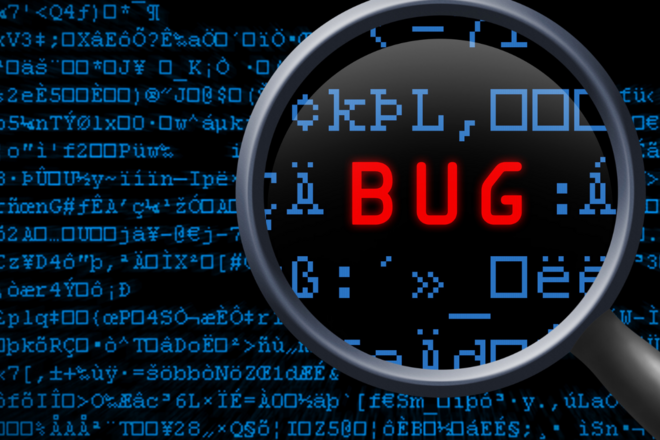Blog /Technology
Building multifunctional websites and web applications is hardly an easy task. We support ourselves in this process with various programming languages and tools.
We are the largest and best-known company dealing with creating and supporting Drupal-based websites in Poland. Our areas of expertise also include Symfony, PHP, ReactJS and front-end development. In our endeavours, we also use a variety of other software solutions, such as PHPStorm, Jenkins and Docker.
We are happy to share our experiences, describing the process of work on building and developing websites and applications at Droptica. Thanks to SCRUM and the right tools such as Slack and Jira, we ensure seamless communication between the team and the client. We systematically improve or change the software we use in order to automate repetitive actions and speed up the development work.
You can learn more about the ins and outs of our work thanks to our extensive blog articles, or you can find out what benefits we can offer you thanks to our Case Studies.










